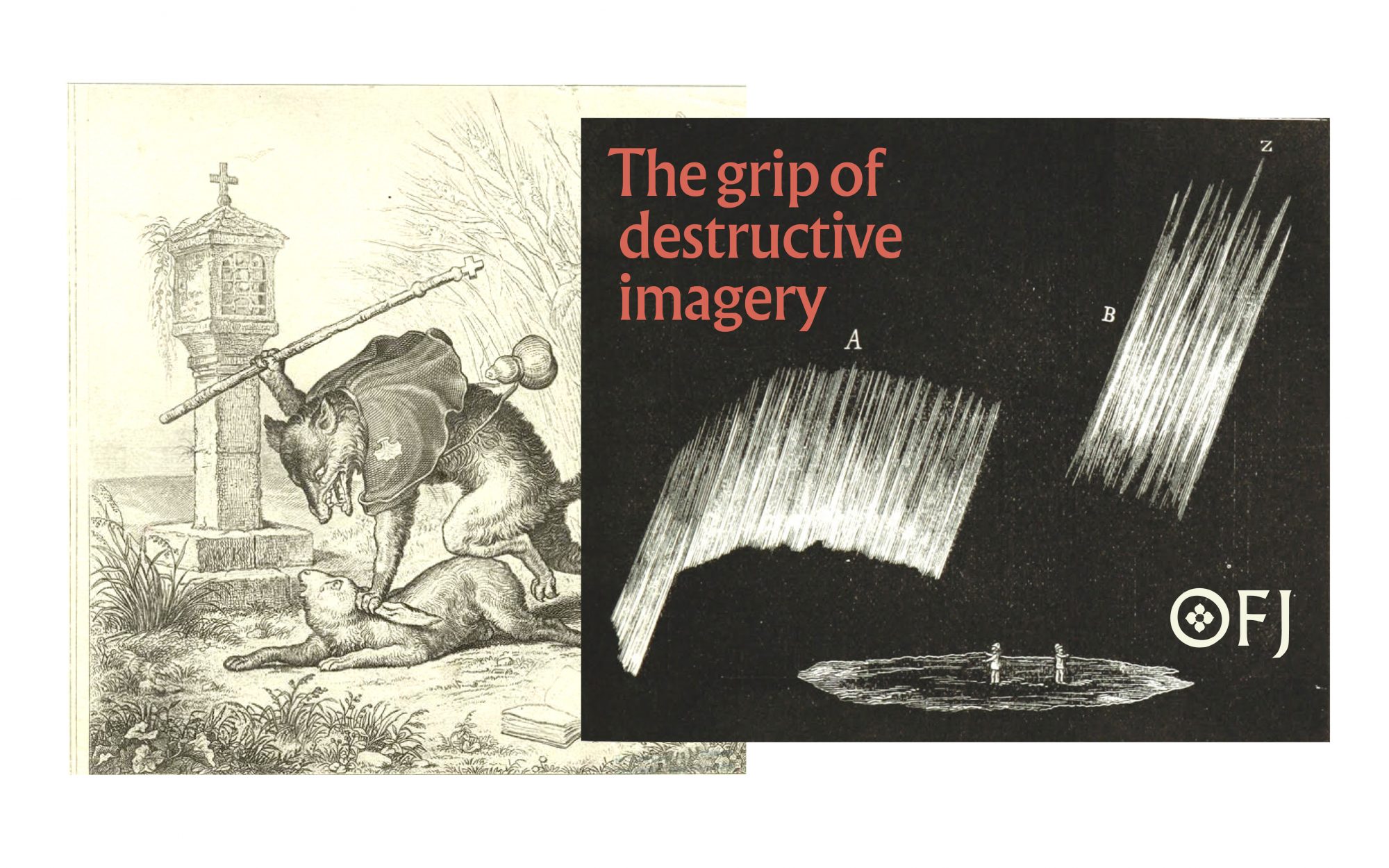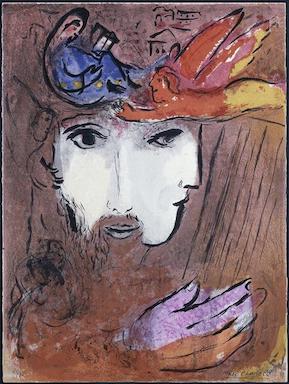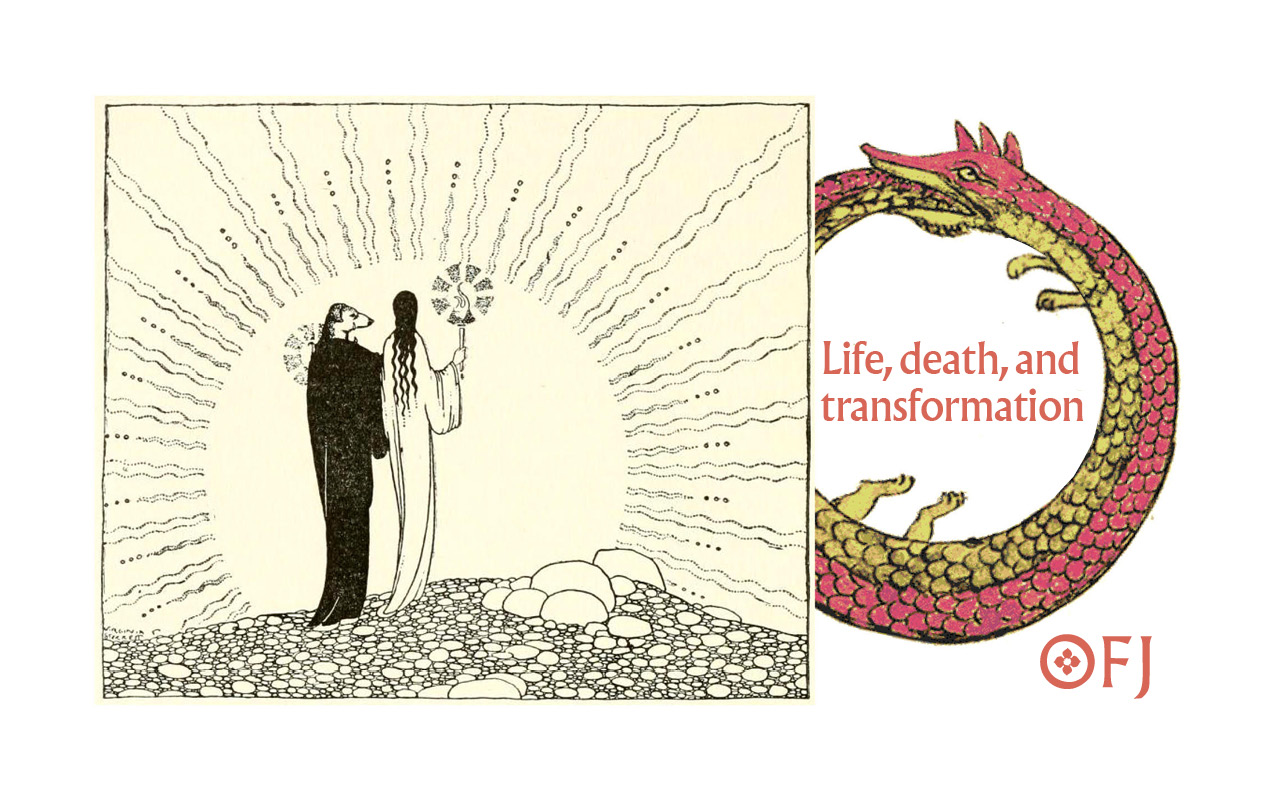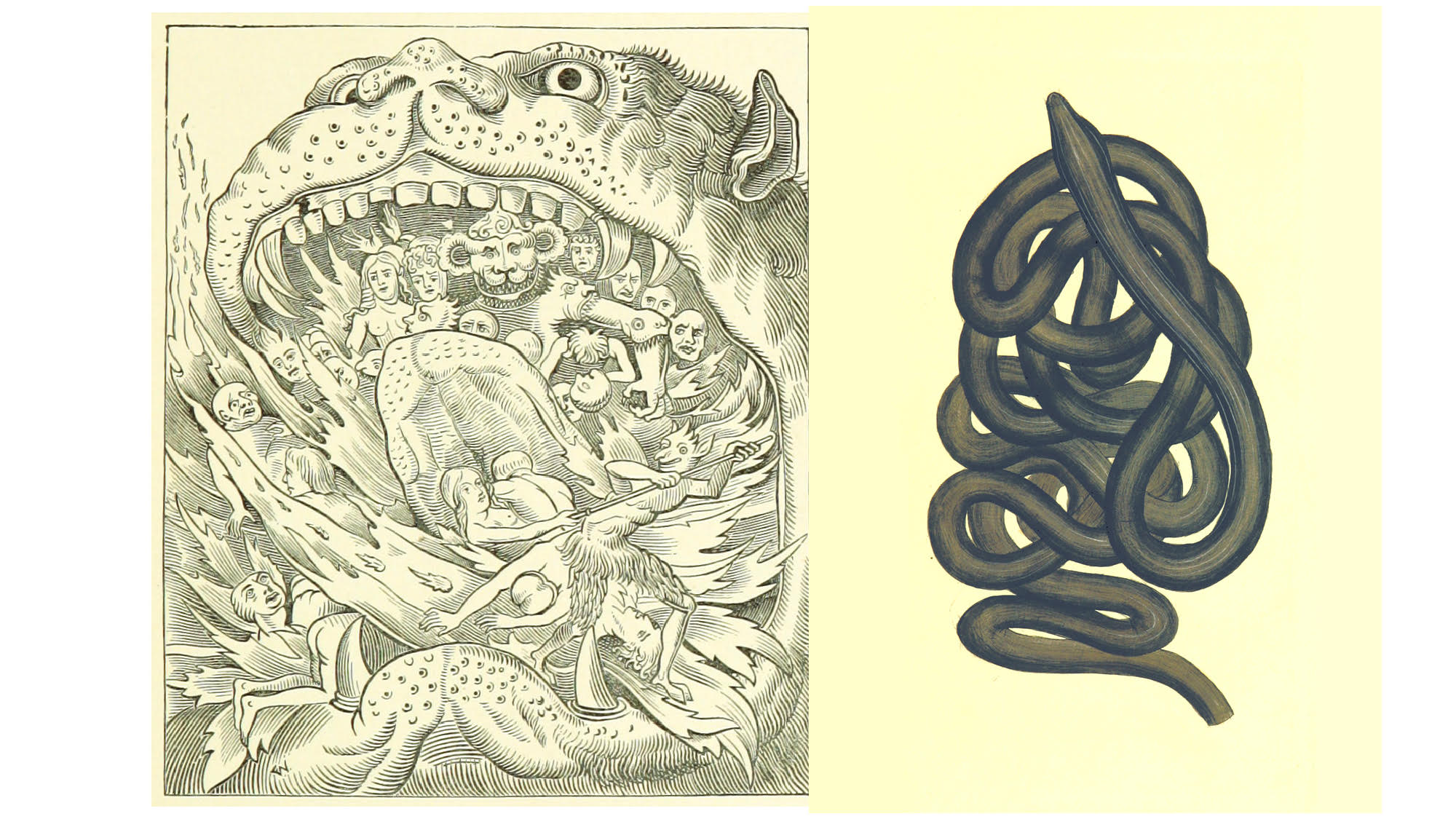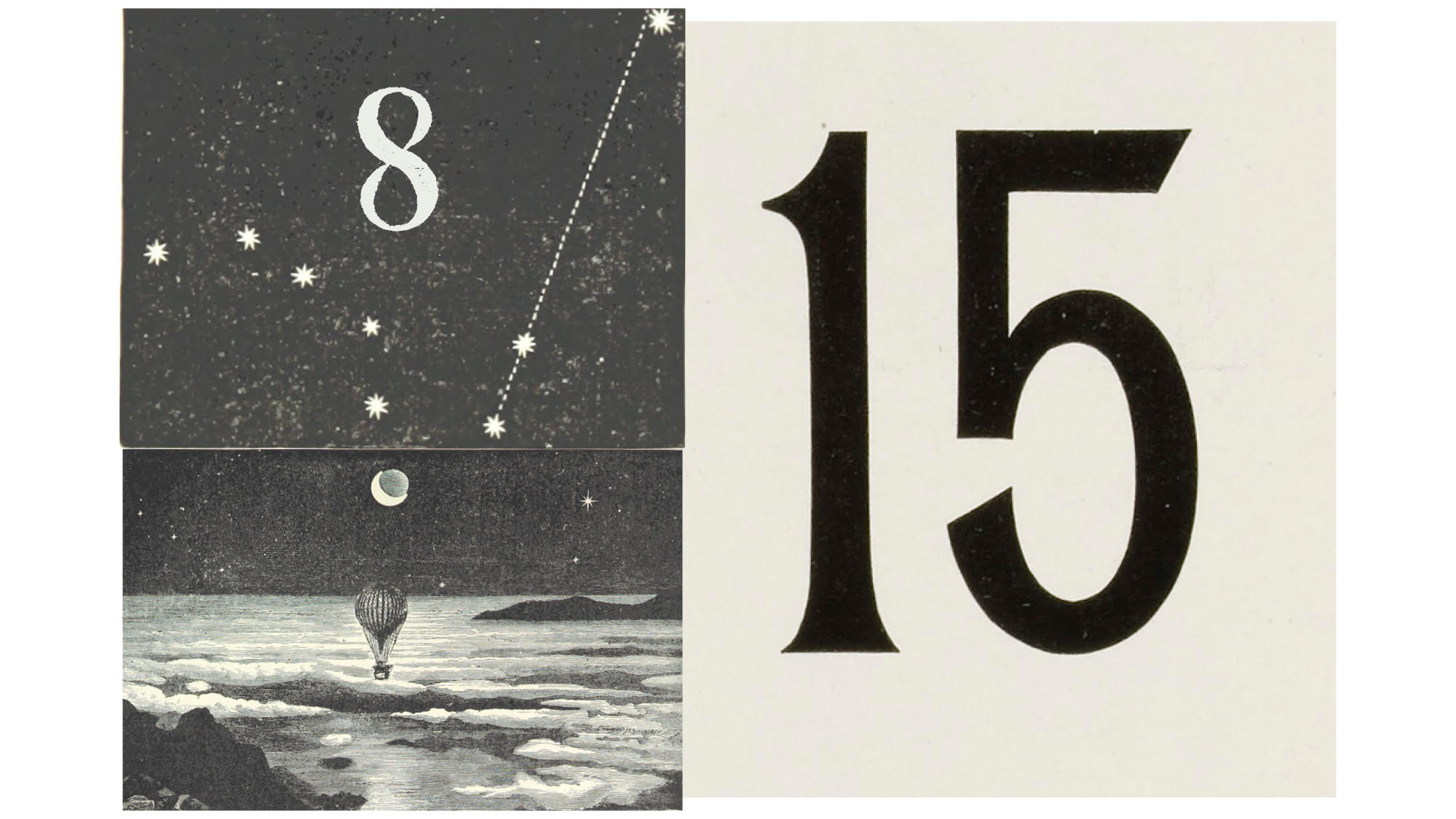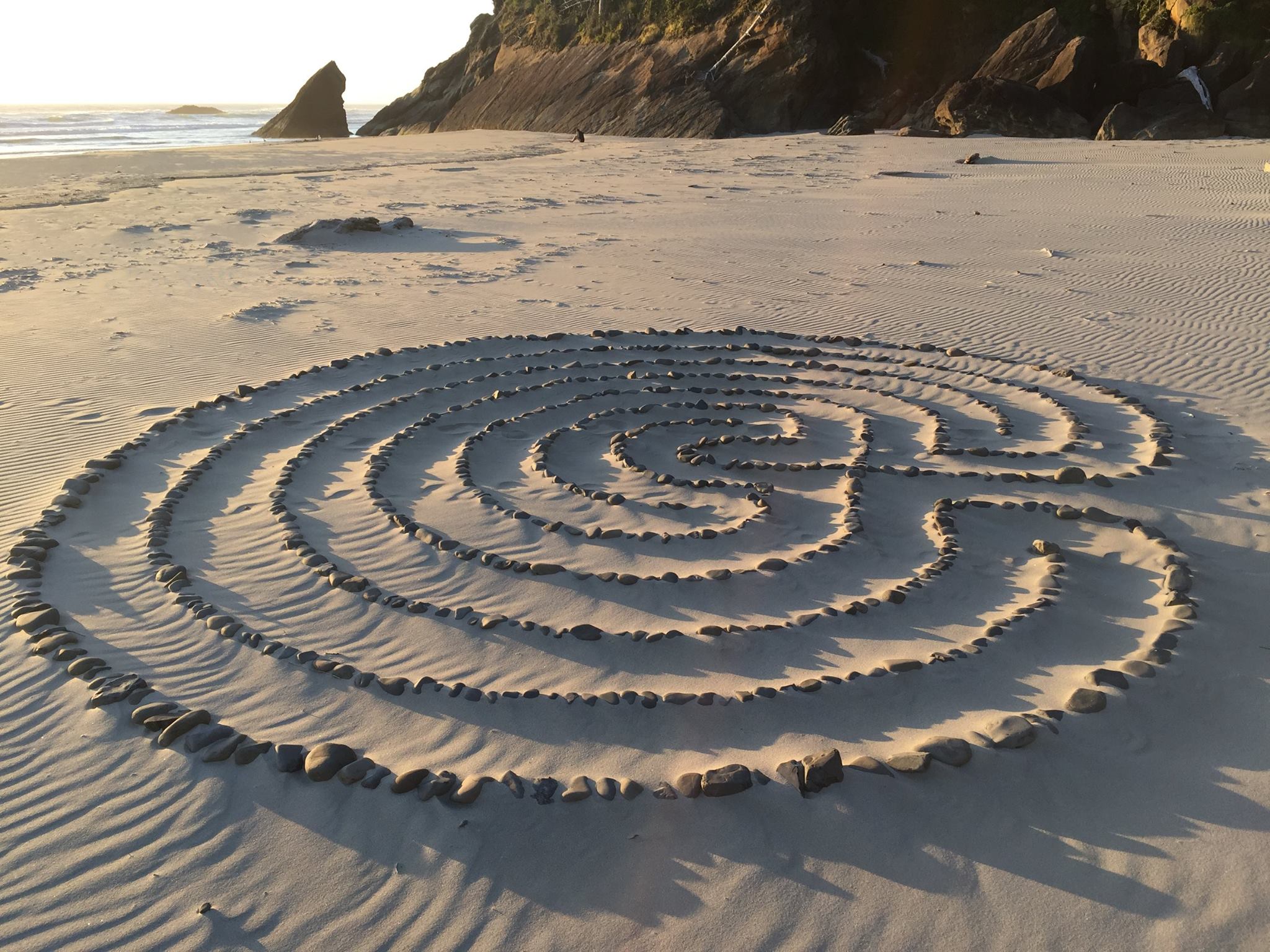We explore common themes around destructiveness in many videogames that boys and young men play. These images have archetypal elements that are also represented in Western art. We compare examples to the images in a popular videogame, Fortnite, and show the similarities in form, structure, theme, and coloration. What do such images tell us about destructive imaginings and their grip on the psyche? Many popular videogames use apocalyptic settings for a fight for survival, and the centrality of apocalyptic vision for destructive fantasies will be discussed.
Season: Spring 2021
Apocalyptic Themes in Jungian Work with Alienated Boys and Men
We examine the role of alienation for boys, male adolescents and young men, and how it can shut down access to the inner world. This alienation often leads to encounters in life and in therapy where they feel unable to describe what happens inside them. They prefer to spend hours each day online rather than interacting with real people as cyberspace becomes an alternate container for their projections of distress. The manifestation of apocalyptic fantasies of destruction will be considered as an expression of pain, rage, and shame that preoccupy many boys and young men.
Masculine & Feminine: Archetypes in Motion
Oregon Friends of Jung, in partnership with The Pacific Northwest Society of Jungian Analysts, continues our series of seminars designed to deepen your knowledge of Jungian psychology. You’ll have an opportunity to learn from and engage with Analysts who are experts in their fields.
The masculine and feminine archetypes are ever-present in the collective unconscious. By bringing more consciousness to the emerging re-balance of these archetypes, we participate in the growth of the collective by tending to our inner lives. As Jung wrote, “what is the fate of great nations but a summation of the psychic changes in individuals?” (CW 9i, p. 47). We will explore the interconnection between the inner and outer Masculine and Feminine and discuss pathways toward a new collaboration.
In keeping with our entire 2020-2021 Lecture series, the seminar will be held online, via Zoom Meeting. Attendance is limited to 15 participants.
![]()
![]()
Dates and Times
- Sundays from 1:00 – 3:00 pm
Schedule
- January 24, 2021 – Maureen O’Donnell
- January 31, 2021 – Maureen O’Donnell
- February 7, 2021 – Maureen O’Donnell
- February 14, 2021 – Cara Barker
- February 28 – Cara Barker
- March 7, 2021 – Cara Barker
Cost
- 12 hours of instruction: $195 (OFJ members: $185)
- Sorry, we are unable to offer refunds.
- Continuing Education Credits are available, with one hour of CE credit for each hour of attendance. CEUs will be available for purchase
,at a cost of $10, which will cover all CEUs earned over the six-session seminar.
Seminar Size
- Attendance is limited to 15 people
- If seminar fills, and you would like to be added to our waitlist, please write us at [email protected]. If you have any questions, please call 503-223-3080.
Required Reading
- Johnson, R., The Fisher King & Handless Maiden
- Singer, J. Androgyny ,Chapters 15 & 19 (provided)
- Von Franz, M.L. Jung’s Recalibration of the Feeling Function in Our Civilization (Jung Journal: Culture & Psyche, Vol. 2, Spring 2008 (Provided)
Seminar Leaders
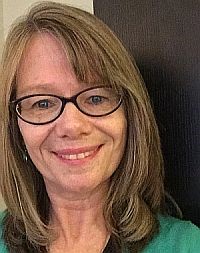 |
Maureen O’Donnell, LPC is a Jungian Analyst and psychotherapist with an office in NE Portland. She is a member of PNSJA and a graduate of the C.G. Jung Institute-Zürich. She is a founding member of, and currently serves on, the Board of the Alumni Association for the Jung Institute-Zürich. Maureen has led dream groups in both Portland and Zürich and facilitates personal growth groups. She has a particular interest in the psyche-soma connection and the healing it can bring. |
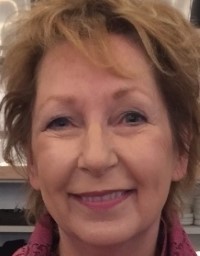 |
Cara Barker, PhD, ARNP, is a Zurich-trained Jungian analyst practicing in Kirkland, Washington. She is also a past Nurse Practitioner. Dr. Barker served as an adjunct professor at Seattle University Psychology department, and has lectured professionally and given retreats and workshops on numerous topics, all of which have to do with realigning our lives with that which is deepest and most fulfilling. |
Dreams, Life, Death, and the Alchemical Wedding
What do dreams, near death experiences and archetypal phenomena surrounding death reveal to us about the mysteries of life, death and the beyond? How do they prepare us for death, our own and for the death of loved ones? When the veils between the worlds become very thin, our world views can alchemically change, opening us to the psychoid and to life changing experiences in the imaginal realms of reality. The experience of the metaphor of death is continually at the center of any authentic and lasting transformation. Alchemy and Jung’s work are built around this as the cornerstone of transformational processes, individually and collectively.
Growing the Subtle Body Before We Die
We will venture into what von Franz found to be the goal for the second half of life, to grow the subtle body before we die. Teachings from alchemy and Sufism, and from the doorway between life and death will be used as springboards for active imagination and discussion. Applying alchemy, and working with dreams, myths, koans, images from film and the practice of active imagination, we will create an alchemical laboratory for growing one’s own experiences of the subtle body realms where spirit and matter together form a psychophysical unitary reality.
Missing the Mark: The Seven Deadly Sins Viewed Through the Lens of Depth Psychology
The word “sin” came originally from an archery term that meant “missing the target,” and implied such errant aim arose more from inescapable human limitation than malevolence. This program will explore these most human of experiences—pride, envy, gluttony, lust, anger, greed, sloth—through the lens of analytic psychology, and explore their causes, mechanisms, self-defeating consequences, and their continuing, contemporary challenges to us.
Portraits in Pathology
Given that “psychopathology” translates as “the expression of the suffering of the soul,” what are the generative forces that produce pathology? What are some examples of common pathologic states? What are our reflexive protections against pathology? What are the challenges of living in a pathogenic world, and with a pathologized soul? We will analyze three “cases” drawn from modern literature, and then examine our own anxiety management systems.
The Self in Jung’s Ultimate View: The Mythology of Numbers in Dreams
At the end of his life, C.G. Jung jotted down his crowning reflections concerning the Self’s inborn capacity to heal. He focused on the mythology of number symbolism in dreams as portraying the Self’s deepest creative potential. Too exhausted in his 80’s to take the discussion further, he passed these reflections on to Marie-Louise von Franz. His handwritten page has recently come to light and details number symbolism’s central importance in the Self’s foundation of meaningful living. Friday’s lecture explores Jung’s note in his own hand and then surveys von Franz’s elaboration of his wider and concluding viewpoint in her book Number and Time.
The Self in Jung’s Ultimate View: The Mythology of Numbers in Dreams
Following Friday night’s lecture, rich dreams from the analytic practice depicting Jung’s final account of the Self complete Saturday’s workshop to illustrate the practical, everyday significance of Jung’s mature insight.
The Dynamic Psyche: Working with the Unconscious as Psychic Energy
Oregon Friends of Jung, in partnership with The Pacific Northwest Society of Jungian Analysts, continues our series of seminars designed to deepen your knowledge of Jungian psychology. You’ll have an opportunity to learn from and engage with Analysts who are experts in their fields.
Registration is now open for the Spring 2021 online seminar: The Dynamic Psyche: Working with the Unconscious as Psychic Energy. In keeping with our entire 2020-2021 Lecture series, the seminar will be held online, via Zoom Meeting. Attendance is limited to 15 participants.
Please see the seminar description below, or visit ofj.org for details and registration.
The Dynamic Psyche: Working with the Unconscious as Psychic Energy
The seminar will continue to examine the relationship to the unconscious that was the subject of the seminar given by Dunbar Carpenter and Robert Stuckey in the fall of 2019. New and previous participants are welcome to attend. The unconscious makes its presence known in many forms, including emotion, imagination, impulses, and laughter as well as through images and dreams. We will examine some of the forms through which the unknown parts of the psyche express themselves as part of their movement to become conscious. For Jung, this dialogue between the known and the unknown, this relationship with the unconscious, was fundamental to the psychic development he called individuation. All psychic growth happens out of the new, and the new always emerges from the unknown through a process Jung described as the transcendent function. There will be a focus on the dynamic aspects of this dialogue, on the psyche in motion, on the unconscious as a verb rather than a noun.
Readings for the first part of the seminar will be from Two Essays on Analytical Psychology, which comprise Volume 7 of Jung’s Collected Works. Participants are encouraged to purchase Volume 7 which should be available in paperback for under $25. It is the best general introduction to Jung’s work in his own words. The primary reading for the second part of the seminar will be Jung’s essay on The Transcendent Function which is in Volume 8 of the Collected Works.
![]()
![]()
Dates and Times
- Sundays from 1:00 – 3:00 pm
Schedule
- May 2, 2021 – Dunbar Carpenter
- May 9, 2021 – Dunbar Carpenter
- May 16, 2021 – Dunbar Carpenter
- May 30, 2021 – Robert Stuckey
- June 6, 2021 – Robert Stuckey
- June 13, 2021 – Robert Stuckey
Cost
- 12 hours of instruction: $195 (OFJ members: $185)
- Sorry, we are unable to offer refunds.
- Continuing Education Credits are available, with one hour of CE credit for each hour of attendance. CEUs will be available for purchase
,at a cost of $15, which will cover all CEUs earned over the six-session seminar.
Seminar Size
- Attendance is limited to 15 people
- If seminar fills, and you would like to be added to our wait-list, please write us at [email protected]. If you have any questions, please call 503-223-3080.
Seminar Leaders
 |
Dunbar Carpenter, Psy. D., is a Jungian analyst and clinical psychologist in private practice in Portland. He is a member of the Pacific Northwest Society of Jungian Analysts and is the Society’s Director of Training. He has been a practicing analyst, teacher, and individual and group supervisor for the past twenty-five years and has lectured and taught in both the United States and Zurich. Dunbar received his analytical training at the C.G. Jung Institute in Zurich, Switzerland. |
 |
F. Robert Stuckey, Ph.D., received his diploma as a Jungian Analyst in 1982 from the Interregional Society of Jungian Analysts. He has been in clinical practice since 1966 and works with individuals, couples and adolescents. |
